Choosing the right fabric for your business needs can make a significant difference in the success of your products. Two popular options for clothing and textile manufacturing are polyester fabric and rayon. This article aims to shed light on the unique characteristics, advantages, and drawbacks of both materials, helping entrepreneurs make informed decisions. 1. Polyester Fabric: Polyester fabric is a synthetic material made from petroleum-based polymers. It is known for its durability and resilience, making it a go-to choice for various industries, including sportswear, outdoor gear, and home textiles. Advantages of Polyester Fabric: a. Durability: Polyester fabric is stronger and more robust than rayon, enabling it to withstand frequent washing and wear without losing its shape or color. b. Moisture-wicking properties: Polyester fibers have inherent moisture-wicking capabilities, making them ideal for sportswear and moisture-prone environments. c. Wrinkle resistance: Polyester fabric is resistant to wrinkles, ensuring that garments and textiles retain their smooth appearance for longer periods.
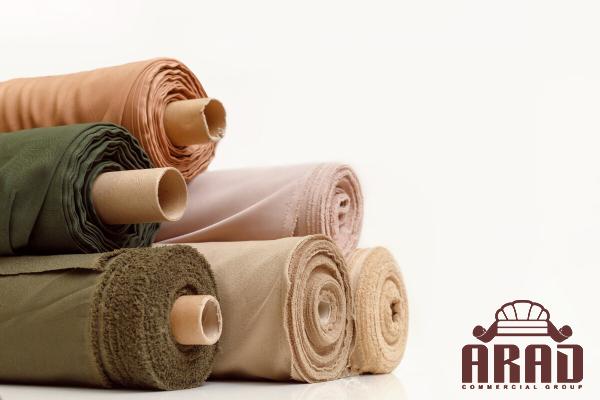
.
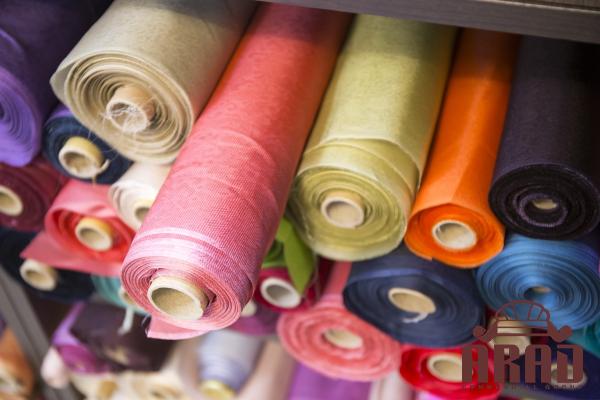 d. Easy care: Polyester fabric is low maintenance and easy to care for, as it can be machine washed and dried with minimal fuss. Drawbacks of Polyester Fabric: a. Breathability: Polyester fabric tends to be less breathable compared to natural fabrics like cotton or rayon, which can lead to discomfort in hot and humid climates. b. Environmental concerns: Being petroleum-based, polyester fabric is not as eco-friendly as bio-based fabrics. Its production generates carbon emissions and consumes non-renewable resources. 2. Rayon: Rayon is a semi-synthetic fabric created from processed cellulose fibers. It is considered a versatile and cost-effective alternative to natural fibers like cotton, silk, or wool. Advantages of Rayon: a. Softness and drape: Rayon lends a luxurious, soft texture to clothing items, making it a popular choice for summer wear, dresses, and skirts.
d. Easy care: Polyester fabric is low maintenance and easy to care for, as it can be machine washed and dried with minimal fuss. Drawbacks of Polyester Fabric: a. Breathability: Polyester fabric tends to be less breathable compared to natural fabrics like cotton or rayon, which can lead to discomfort in hot and humid climates. b. Environmental concerns: Being petroleum-based, polyester fabric is not as eco-friendly as bio-based fabrics. Its production generates carbon emissions and consumes non-renewable resources. 2. Rayon: Rayon is a semi-synthetic fabric created from processed cellulose fibers. It is considered a versatile and cost-effective alternative to natural fibers like cotton, silk, or wool. Advantages of Rayon: a. Softness and drape: Rayon lends a luxurious, soft texture to clothing items, making it a popular choice for summer wear, dresses, and skirts.
..
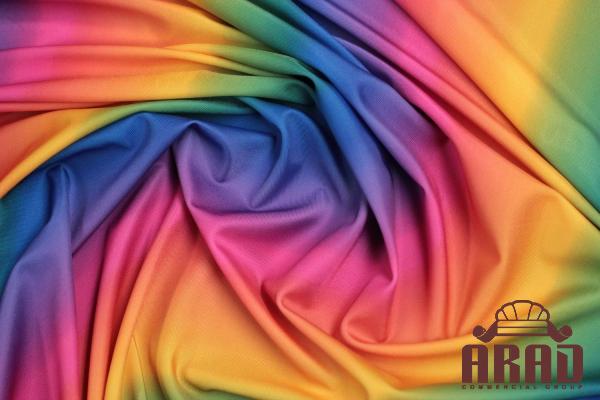 b. Breathability: Rayon fabric has excellent breathability, offering comfort in warm weather by allowing air circulation and moisture evaporation. c. Versatility: Rayon can mimic the appearance and feel of natural fabrics, making it suitable for a wide range of clothing styles. d. Low cost: Rayon is relatively inexpensive compared to other fabrics, making it an economical choice for businesses looking to balance quality and cost. Drawbacks of Rayon: a. High maintenance: Rayon fabric requires delicate care due to its vulnerability to shrinking, fading, and losing shape when exposed to moisture and heat. It usually needs to be dry cleaned or hand-washed.
b. Breathability: Rayon fabric has excellent breathability, offering comfort in warm weather by allowing air circulation and moisture evaporation. c. Versatility: Rayon can mimic the appearance and feel of natural fabrics, making it suitable for a wide range of clothing styles. d. Low cost: Rayon is relatively inexpensive compared to other fabrics, making it an economical choice for businesses looking to balance quality and cost. Drawbacks of Rayon: a. High maintenance: Rayon fabric requires delicate care due to its vulnerability to shrinking, fading, and losing shape when exposed to moisture and heat. It usually needs to be dry cleaned or hand-washed.
…
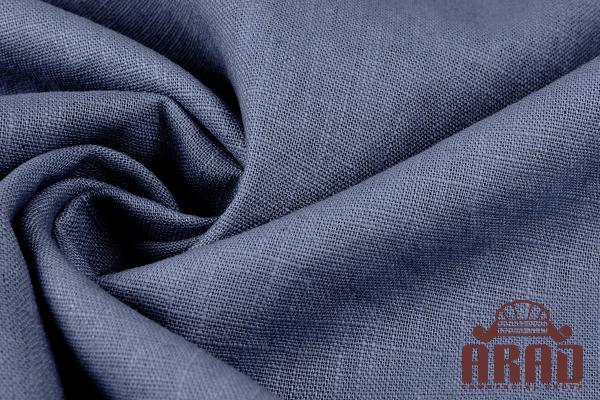 b. Durability concerns: While rayon can be durable when handled with care, it tends to be less resilient than polyester, often showing signs of wear and tear after repeated use. c. Environmental impact: The production of rayon often involves the use of harsh chemicals, which can have adverse effects on the environment if not managed responsibly. Conclusion: When deciding between polyester fabric and rayon, businesses must consider factors such as durability, breathability, maintenance requirements, and environmental impact. Polyester fabric offers excellent durability and moisture-wicking properties, while rayon boasts softness and breathability. Understanding these differences will enable businesses to select the fabric that best suits their specific needs, while considering the implications on quality, pricing, and sustainability in the long run.
b. Durability concerns: While rayon can be durable when handled with care, it tends to be less resilient than polyester, often showing signs of wear and tear after repeated use. c. Environmental impact: The production of rayon often involves the use of harsh chemicals, which can have adverse effects on the environment if not managed responsibly. Conclusion: When deciding between polyester fabric and rayon, businesses must consider factors such as durability, breathability, maintenance requirements, and environmental impact. Polyester fabric offers excellent durability and moisture-wicking properties, while rayon boasts softness and breathability. Understanding these differences will enable businesses to select the fabric that best suits their specific needs, while considering the implications on quality, pricing, and sustainability in the long run.
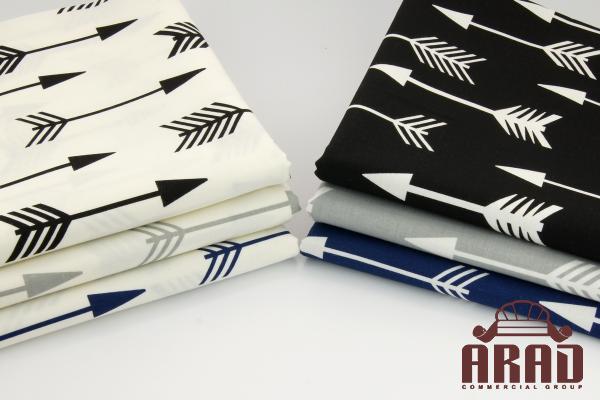
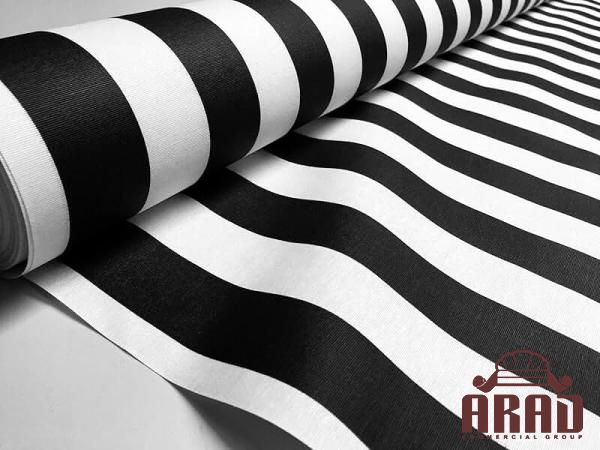
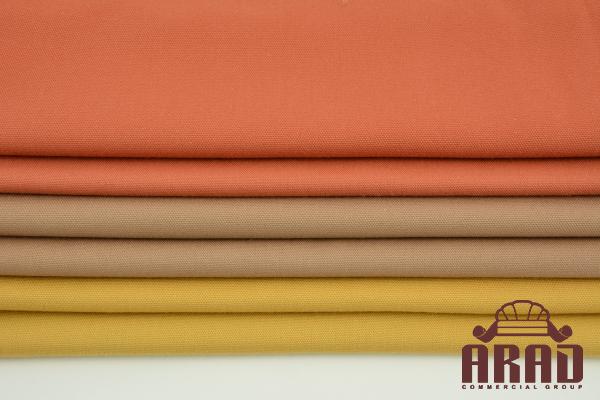
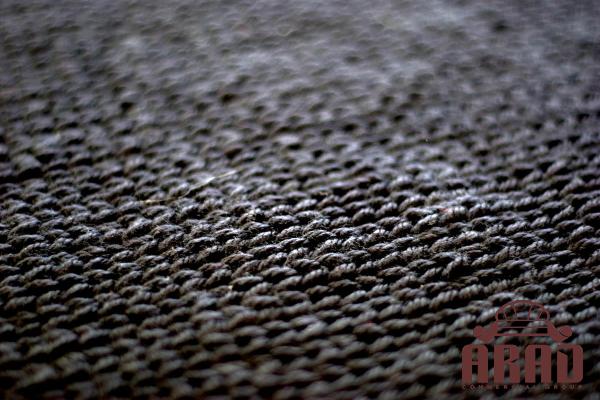
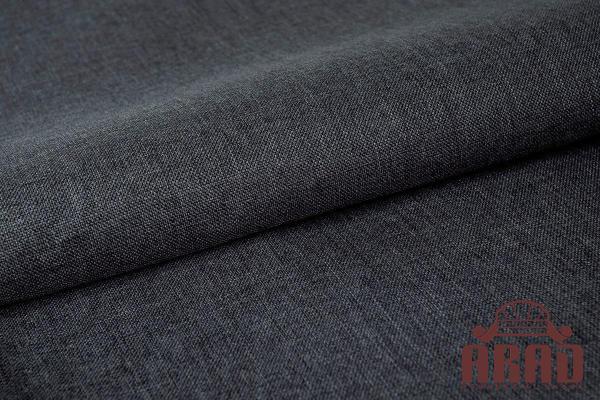
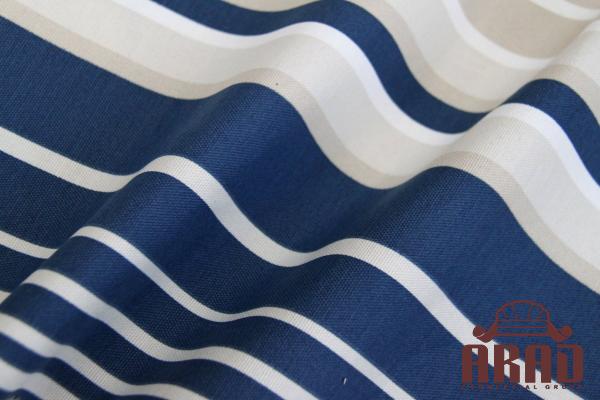
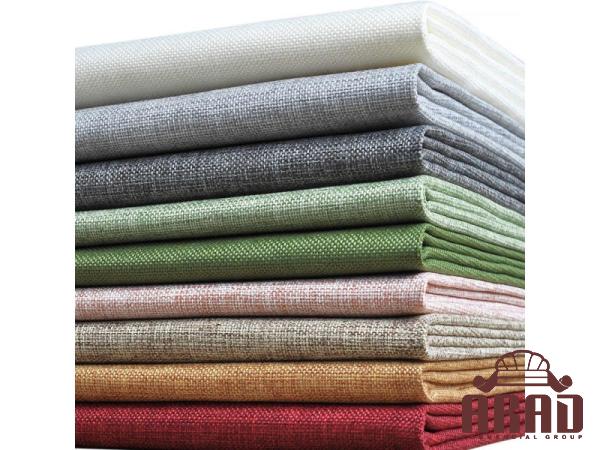
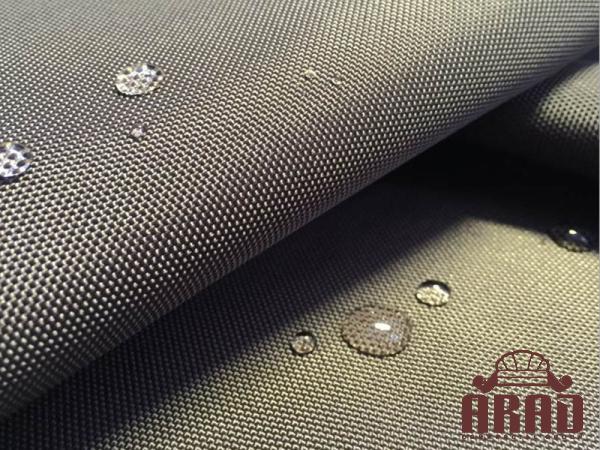
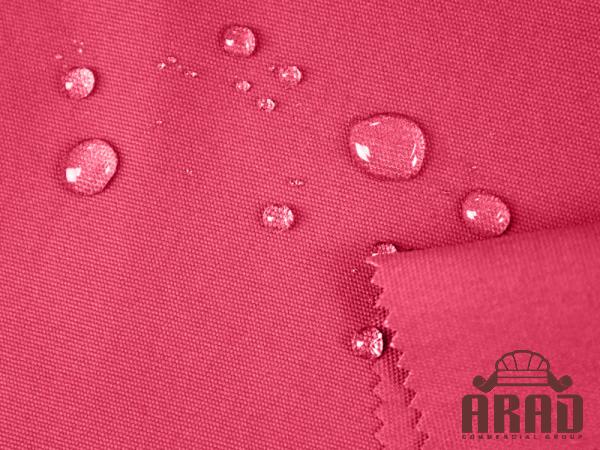
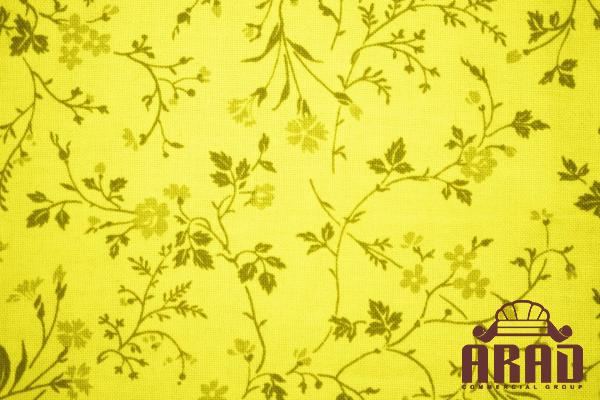
Your comment submitted.